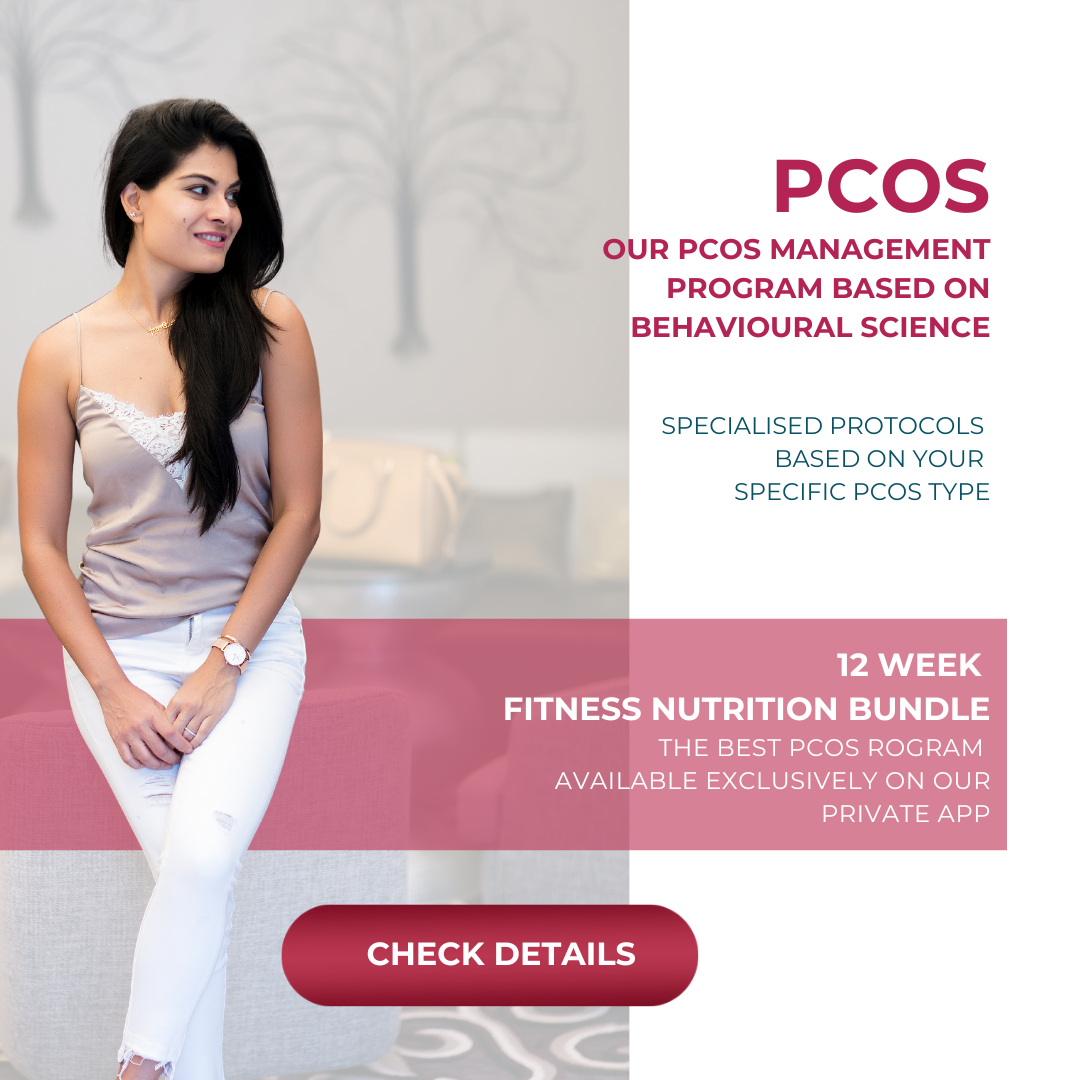Bloating and How we eat ?
If you struggle with bloating then the first foundational intervention is to examine the way you eat. Because sometimes the solution is simpler than you think.
This is Habit 1 of our Gut Health which is done irrespective of the issue at it directly impacts
- Nutrient absorption
- Acidity / Acid Reflux
- GERD
- How much you eat and calorie intake
This is just a starting point and what we call Hygiene Health Habits. Something that's as important and yet as basic as brushing our teeth everyday.
Think about it, what would happen if you stopped brushing or brushed in 30 secs instead of brushing properly ?
If you would like to work on your gut further you can join our WhatsApp community here
However if you have a larger gut issue for example intolerances, chronic constipation, IBS, IBD, Diverticulitis, Crohn's disease etc it is better to chat with us on what's and look at at Gut Health Program
Whatsapp Chat : Click Here
Here Goes :
Eat slowly and mindfully
This is one of the level 1 habits on our program
A tool you can use anywhere, anytime
We don’t always have control over what foods are available to us. But we always have control over how quickly we chew and swallow.
Think of slow eating as the low-hanging fruit of nutrition: super accessible in any situation.
It doesn’t require specialized meal plans or a food scale. No matter what’s going on in your life, or what’s on your plate, you can practice eating slowly.
The benefits of slow eating include better digestion, better hydration, easier weight loss or maintenance, and greater satisfaction with our meals. Meanwhile, eating quickly leads to poor digestion, increased weight gain, and lower satisfaction. The message is clear: Slow down your eating and enjoy improved health and well-being.
This habit moves us one step ahead from “ what we eat” to “ how we eat”
This habit will help us
- Learn what “hungry” and “full” feel like
- Digest and absorb nutrients better
- Reduce binge eating episodes
How to do this ?
- Drink a glass of water before before every meal
- Set a 20 minute timer
- Breathe
- Before you eat, pause. Take one breath.
- Take one bite. Then take another breath.
- Take another bite. Then take another breath.
- Go one bite, and one breath at a time.
- Add just one minute : Stretch out that meal as long as you can. Then try to make your next meal last one minute longer.
- Put down the remote / phone : don’t eat while you drive, watch TV, or play with your phone. Sit at a table, not on your living room couch, and for heaven’s sake, don’t eat standing in the kitchen. Try to relax and experience your meal.
- Pace it out : Between bites, try:
- setting down your utensils
- taking a breath (or three)
- taking a sip of water
- asking someone at the table a question
The whole point is to pay attention to your food and body. So, over the next 2 weeks, do your best to eat in a calm environment with minimal distractions.
Why does speed matter ?
Because when you wolf down your food, you take larger bites and chew less.
Your stomach has a harder time mashing those big chunks of food. Your food isn’t properly broken down it can cause indigestion and other GI problems. We may absorb fewer nutrients, depleting ourselves of valuable vitamins and minerals.
Besides making you uncomfortable (maybe even miserable), shoddy digestion can also affect your mindset.
For instance, if your meal leaves you bloated, burpy, and sluggish, you may interpret this as “feeling out of shape,” and become discouraged about your efforts. On the other hand, slowing down and digesting your food properly may help you “feel leaner.”

Leave a comment